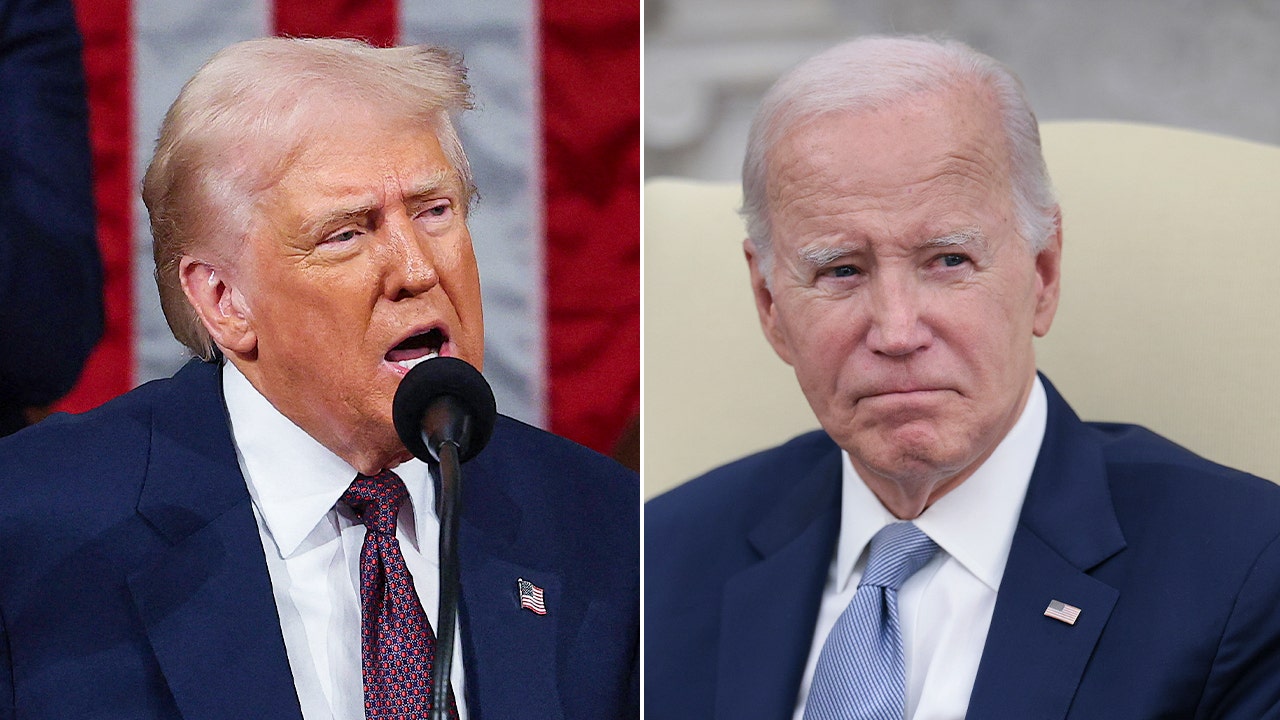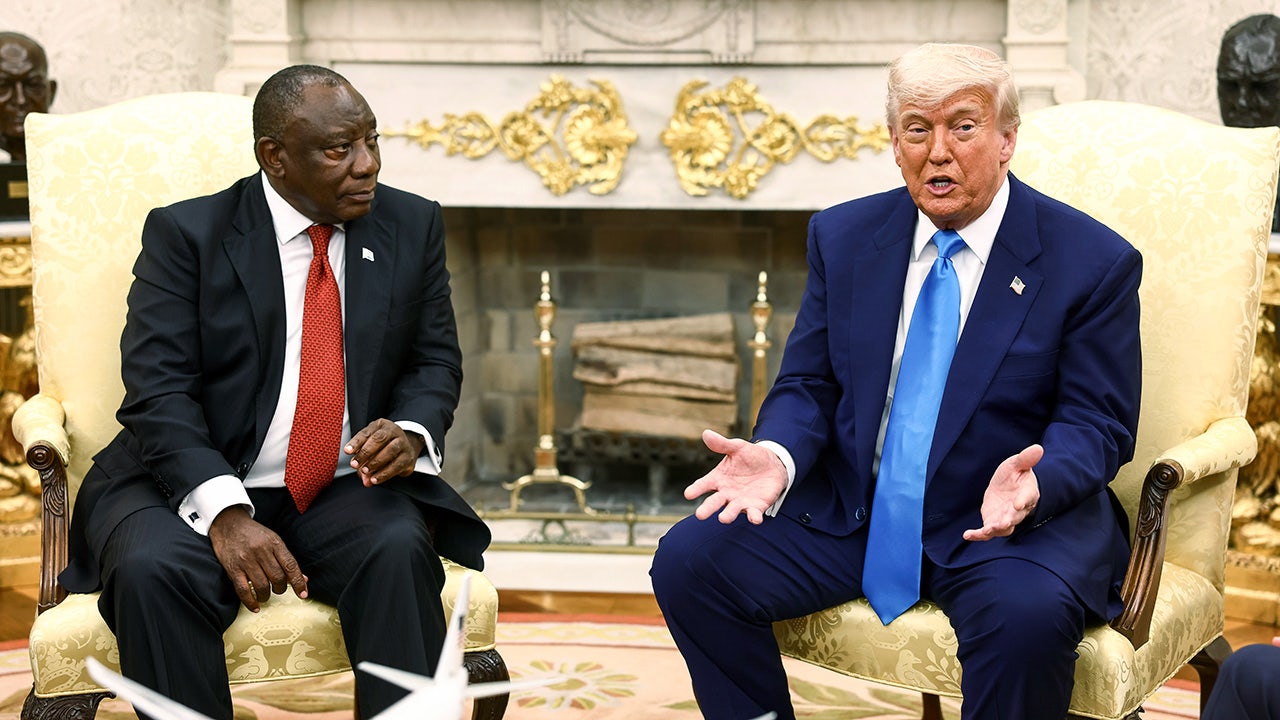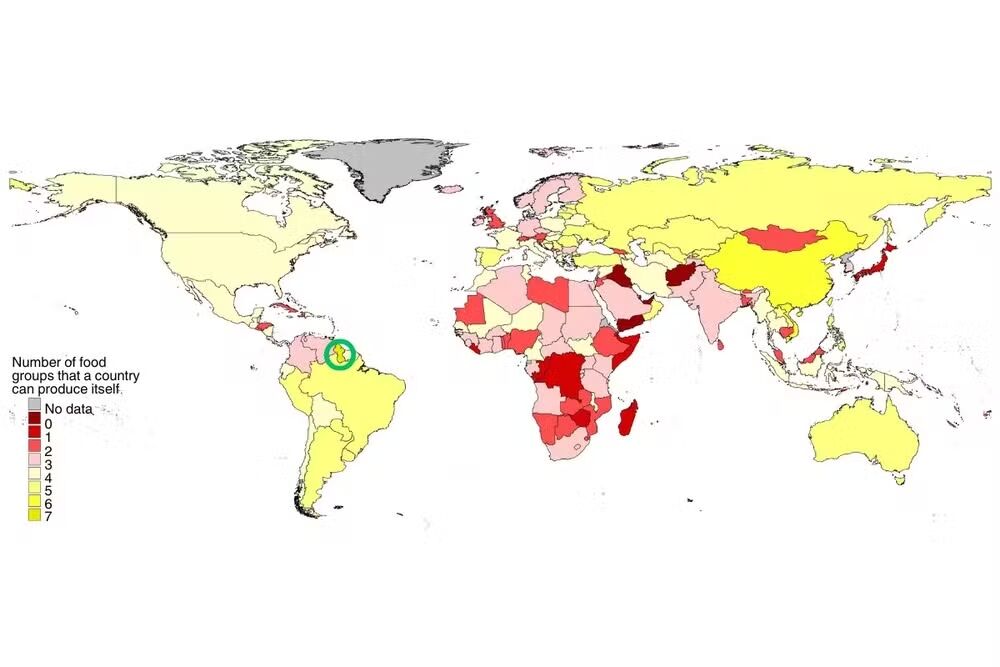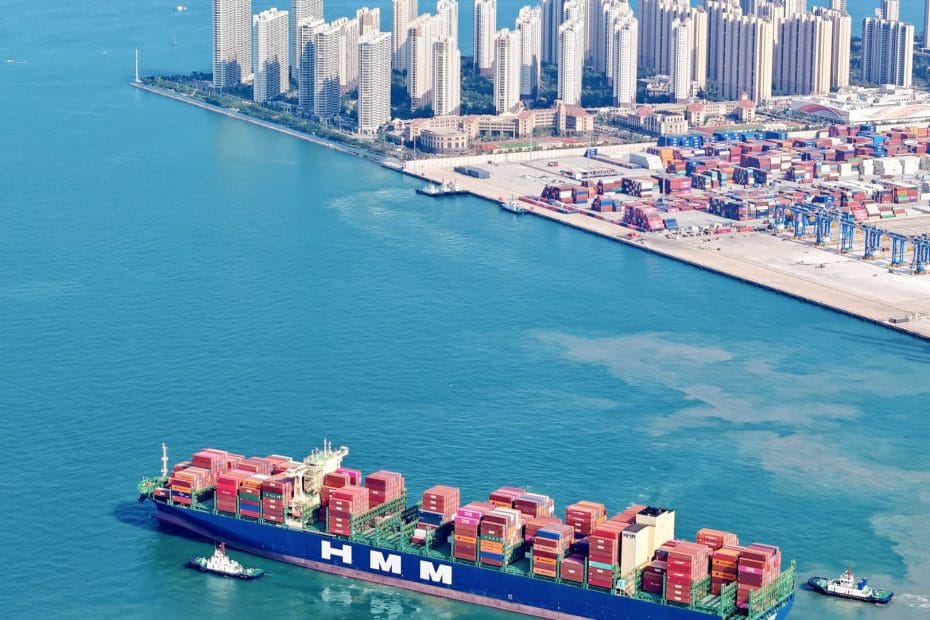China's imports unexpectedly increased in December, exports exceeded expectations
Aerial view of a container ship leaving the Qingdao shipyard in east China's Shandong province.
Future Publishing | Future Publishing | Getty Images
China's December trade data beat expectations by a wide margin, with exporters continuing to bring forward shipments as worries about additional tariffs grew, while China's stimulus measures appeared to support demand in the industrial sector.
Data released by China Customs on Monday showed that in U.S. dollar terms, exports increased by 10.7% year-on-year in December, exceeding the 7.3% growth forecast in a Reuters survey. That compares with a 6.7% increase in November and a 12.7% surge in October.
Customs data showed that import volume increased by 1.0% year-on-year last month, reversing the contraction in the previous two months. Analysts had predicted that imports would fall by 1.5% year-on-year. This compares with declines of 3.9% in November and 2.3% in October.
Last year, China's total exports denominated in yuan grew 7.1% year-on-year, accelerating from a slight increase of 0.6% in 2023, customs officials said at a news conference on Monday.
China's imports grew by 2.3% last year, better than a 0.3% decline in 2023.
Huang Zichun, China economist at Capital Economics, said in a report that outbound shipments are likely to remain resilient in the short term on the back of a weaker yuan, supported by further gains in global market share.
However, the full-year export outlook appears less optimistic as “potential tariff increases could dampen momentum,” said Bruce Pang, distinguished senior fellow at the National Institute of Finance and Development.
“In the short term, imports are expected to rebound further, driven by strong demand for industrial commodities and accelerated fiscal spending,” Pang added.
China's domestic demand has taken a hit due to a protracted real estate crisis, making the country more reliant on exports to drive its growth.
Economists predict that exports played a significant supporting role in China's economic growth last year. The country's full-year GDP data will be released later this week.

Exports have been a rare bright spot in China's battered economy amid rising trade tensions with major trading partners including the United States and the European Union, but the growth is likely to increase with U.S. President-elect Donald Trump returning to the White House. will be damaged.
This year, as external momentum weakens, China will need to focus more on boosting domestic demand, Natixis senior economist Gary Ng told CNBC in an email. “Deflationary pressures on China's manufacturing sector are likely to continue to exacerbate geopolitical tensions,” he added.
Weak consumer confidence, an uneven real estate recovery and tepid growth in local government infrastructure projects continue to slow the recovery of domestic demand, Wu said.
Exports to most markets climbed in December, with exports to the Association of Southeast Asian Nations and the United States up 18.9% and 15.6% respectively year-on-year, according to CNBC calculations of official customs data.
Imports from the United States increased by 2.6% in December, and imports from ASEAN, China's largest trading partner, increased by 5.4%.
Exports to the EU increased by 8.76%, while imports fell by 4.9%. The country's exports to BRICS partner Russia increased by 5.5%, while imports fell by 4.7%.
According to customs officials, China's electric vehicle and semiconductor exports grew by 13.1% and 18.7% respectively last year.
Meanwhile, steel exports reached their highest level since 2015, with shipments reaching 110.7 million tonnes as China struggled to make up for weak domestic demand amid a housing crisis and slowing manufacturing activity.
“The remnants of caution”
Trump, who takes office on January 20, has raised concerns about higher tariffs on Chinese exports. He promised to impose a 10% tariff on all Chinese goods entering the United States.
As economic growth slows and social tensions rise, Chinese authorities have stepped up policy support since late September to prop up the country's economy. But Teneo managing director Gabriel Wildau said in a note on Friday that “an attitude of caution and restraint remains.”
China has lowered policy interest rates, eased restrictions on home purchases, injected liquidity into financial markets and launched a debt swap program to ease fiscal pressure on local governments.
“While top leaders recognize the need to boost real GDP growth, Xi Jinping still appears unwilling to accept the additional stimulus needed to combat deflation,” Wildau added.
“Policymakers need to have some stimulus in place so that they can respond adequately if the impact of tariffs is severe,” he said. Uncertainty about export growth provided an opportunity for Beijing to avoid a “big bang approach,” he said. Another reason is provided.

Among a series of key economic data released this week, China will release full-year and fourth-quarter GDP data on Friday. According to a Reuters survey, year-on-year growth in the last quarter of 2024 is expected to be 5.1%.
This year, the top leadership has pledged to make promoting domestic consumption a top priority while expanding fiscal spending to fund consumer goods trade-in and equipment upgrade policies. The trade-in program was launched in July last year to subsidize consumers to trade in old cars or home appliances and buy new ones at a discount.










